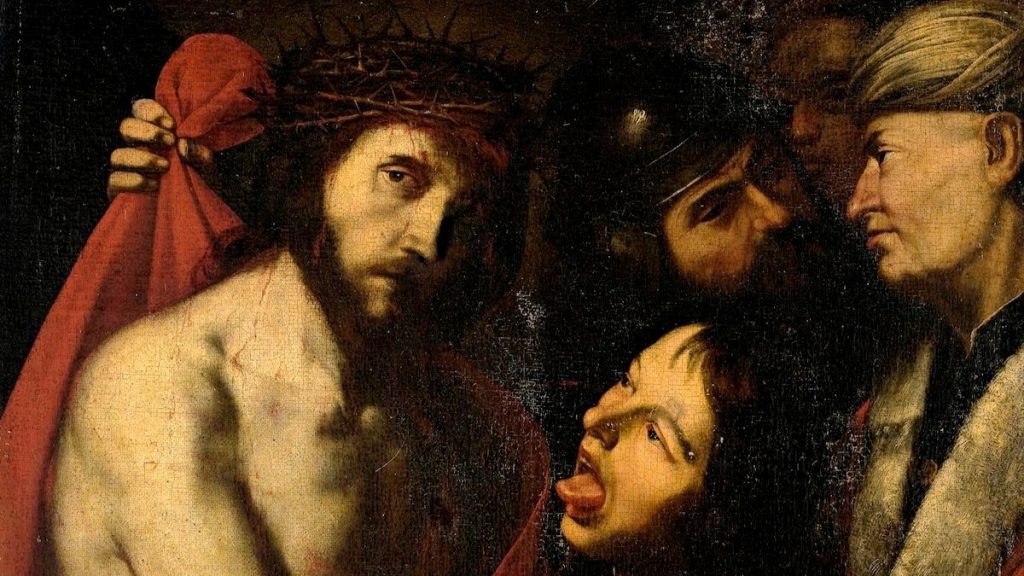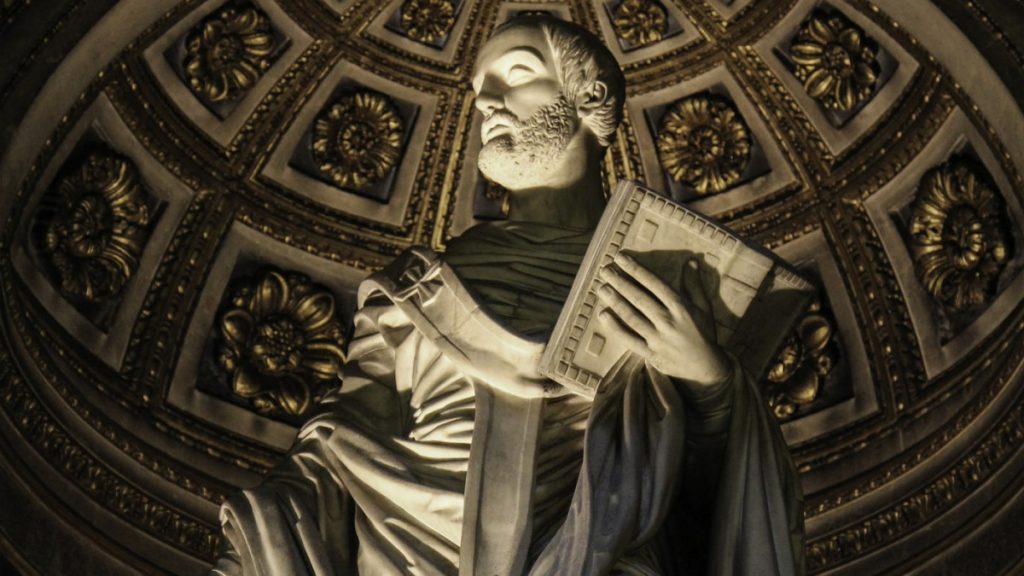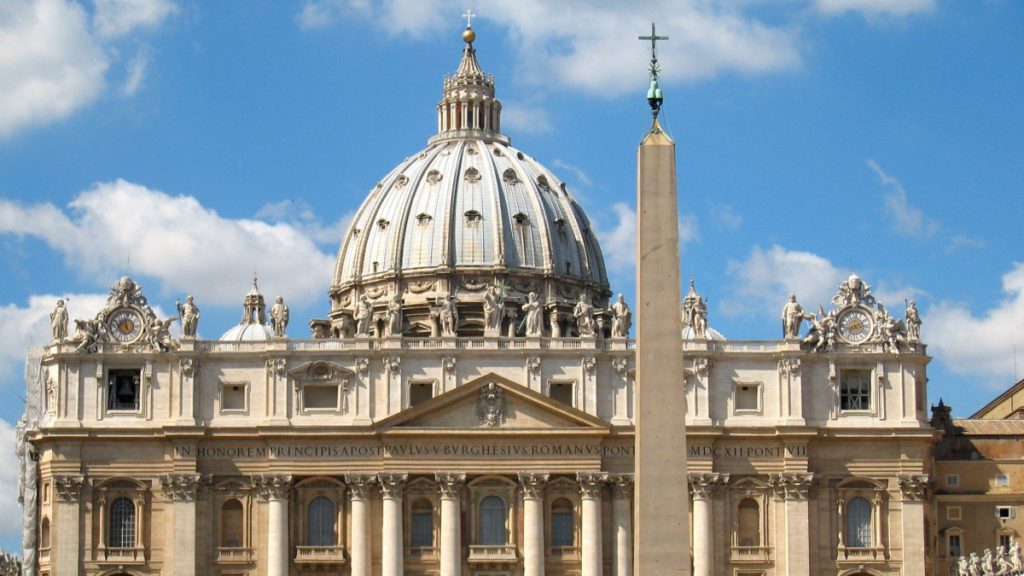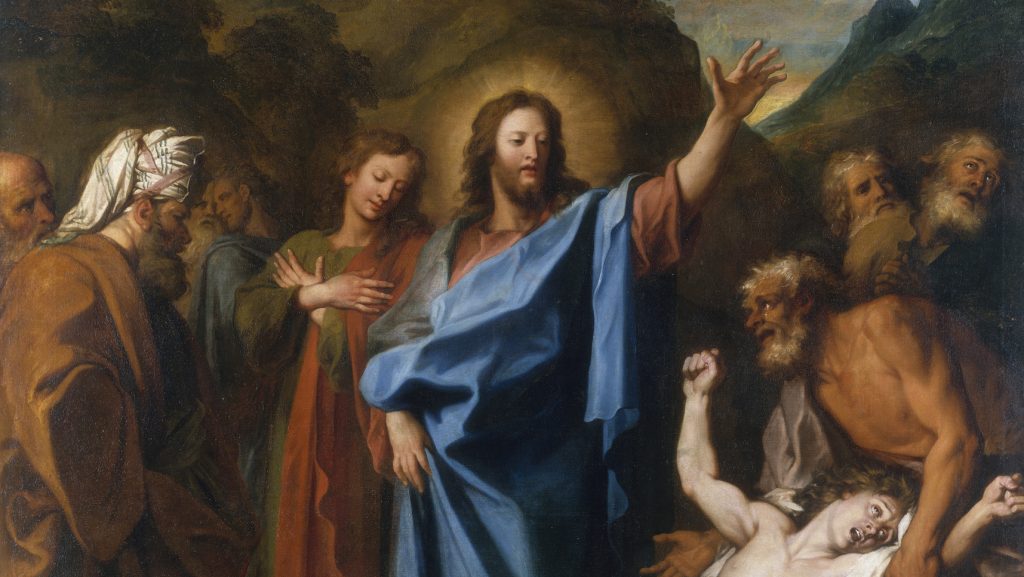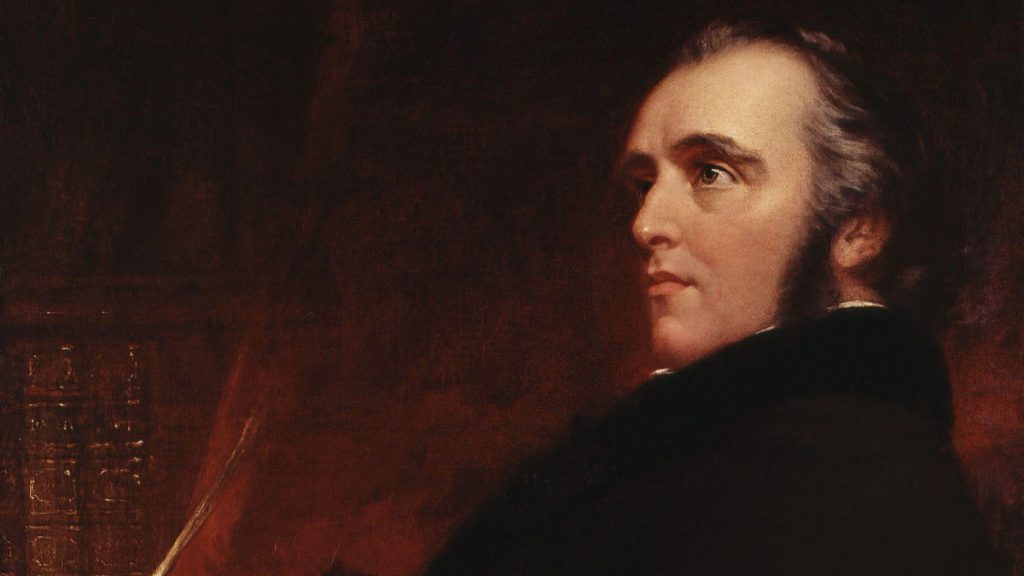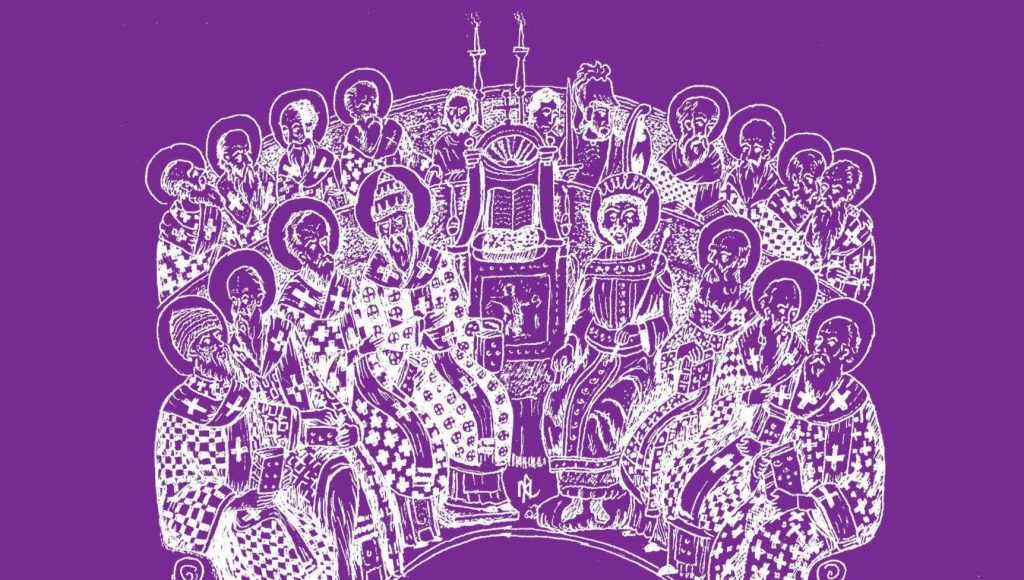(Updated July 17, 2025)
St. Ignatius of Antioch (died c. 107) | EAST
St. Ignatius of Antioch, Letter to the Magnesians (c. 107)
If, therefore, those who were brought up in the ancient order of things [under the Mosaic law] have come to the possession of a new hope, no longer observing the Sabbath, but living in the observance of the Lord’s Day, on which also our life has sprung up again by Him and by His death—whom some deny, by which mystery we have obtained faith, and therefore endure, that we may be found the disciples of Jesus Christ, our only Master—how shall we be able to live apart from Him, whose disciples the prophets themselves in the Spirit did wait for Him as their Teacher? And therefore He whom they rightly waited for, being come, raised them from the dead.
St. Justin Martyr (c. 100-165) | EAST
St. Justin Martyr, First Apology (c. 151)
And on the day called Sunday, all who live in cities or in the country gather together to one place, and the memoirs of the apostles or the writings of the prophets are read, as long as time permits; then, when the reader has ceased, the president verbally instructs, and exhorts to the imitation of these good things…But Sunday is the day on which we all hold our common assembly, because it is the first day on which God, having wrought a change in the darkness and matter, made the world; and Jesus Christ our Savior on the same day rose from the dead. For He was crucified on the day before that of Saturn (Saturday); and on the day after that of Saturn, which is the day of the Sun, having appeared to His apostles and disciples, He taught them these things, which we have submitted to you also for your consideration.
St. Justin Martyr, Dialogue with Trypho (c. 155)
(§§18, 21)
(§18) …For we too would observe the fleshly circumcision, and the Sabbaths, and in short all the feasts, if we did not know for what reason they were enjoined you—namely, on account of your transgressions and the hardness of your hearts…
(§21) Moreover, that God enjoined you to keep the Sabbath, and impose on you other precepts for a sign, as I have already said, on account of your unrighteousness, and that of your fathers…
St. John Chrysostom (c. 347-407) | EAST
St. John Chrysostom, Commentary on Galatians
For though few are now circumcised, yet, by fasting and observing the sabbath with the Jews, they equally exclude themselves from grace. If Christ avails not to those who are only circumcised, much more is peril to be feared where fasting and sabbatizing are observed, and thus two commandments of the Law are kept in the place of one. And this is aggravated by a consideration of time: for they so acted at first while the city and temple and other institutions yet existed; but these who with the punishment of the Jews, and the destruction of the city before their eyes, observe more precepts of the Law than the others did, what apology can they find for such observance, at the very time when the Jews themselves, in spite of their strong desire, cannot keep it? You have put on Christ, you have become a member of the Lord, and been enrolled in the heavenly city, and do you still grovel in the Law? How is it possible for you to obtain the kingdom? Listen to Paul’s words, that the observance of the Law overthrows the Gospel, and learn, if you will, how this comes to pass, and tremble, and shun this pitfall. Wherefore do you keep the sabbath, and fast with the Jews? Is it that you fear the Law and abandonment of its letter? But you would not entertain this fear, did you not disparage faith as weak, and by itself powerless to save. A fear to omit the sabbath plainly shows that you fear the Law as still in force; and if the Law is needful, it is so as a whole, not in part, nor in one commandment only; and if as a whole, the righteousness which is by faith is little by little shut out. If you keep the sabbath, why not also be circumcised? And if circumcised, why not also offer sacrifices? If the Law is to be observed, it must be observed as a whole, or not at all.
St. John Chrysostom, Homily 10 on Philippians
The rite of circumcision was venerable in the Jews’ account, forasmuch as the Law itself gave way thereto, and the Sabbath was less esteemed than circumcision. For that circumcision might be performed the Sabbath was broken; but that the Sabbath might be kept, circumcision was never broken; and mark, I pray, the dispensation of God. This is found to be even more solemn than the Sabbath, as not being omitted at certain times. When then it is done away, much more is the Sabbath.
St. Augustine (354-430) | WEST
St. Augustine, On the Spirit and the Letter (c. 412-413)
Well, now, I should like to be told what there is in these ten commandments, except the observance of the Sabbath, which ought not to be kept by a Christian…
St. Pope Gregory the Great (c. 540-604) | WEST
St. Pope Gregory the Great, Letter 1 (Book 13): To Roman Citizens (597)
It has come to my ears that certain men of perverse spirit have sown among you some things that are wrong and opposed to the holy faith, so as to forbid any work being done on the Sabbath day. What else can I call these but preachers of Antichrist, who, when he comes, will cause the Sabbath day as well as the Lord’s day to be kept free from all work. For, because he pretends to die and rise again, he wishes the Lord’s day to be had in reverence; and, because he compels the people to Judaize that he may bring back the outward rite of the law, and subject the perfidy of the Jews to himself, he wishes the Sabbath to be observed.
For this which is said by the prophet, “You shall bring in no burden through your gates on the Sabbath day” (Jer. 17:24), could be held to as long as it was lawful for the law to be observed according to the letter. But after that the grace of Almighty God, our Lord Jesus Christ has appeared, the commandments of the law which were spoken figuratively cannot be kept according to the letter. For, if anyone says that this about the Sabbath is to be kept, he must needs say that carnal sacrifices are to be offered: he must say too that the commandment about the circumcision of the body is still to be retained. But let him hear the Apostle Paul saying in opposition to him, “If you be circumcised, Christ profits you nothing” (Gal. 5:2).
Apostolic Teachings and Constitutions
Didache (c. 50)
(Ch. 14, §1)1
And on the Lord’s Day, after you have come together, break bread and offer the Eucharist, having first confessed your offenses, so that your sacrifice may be pure.
